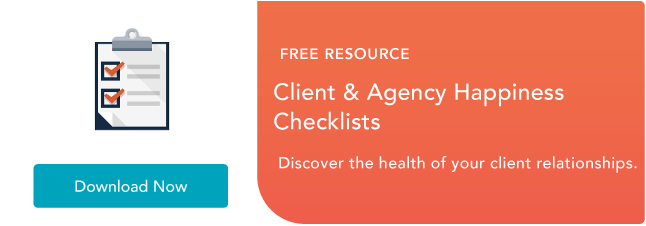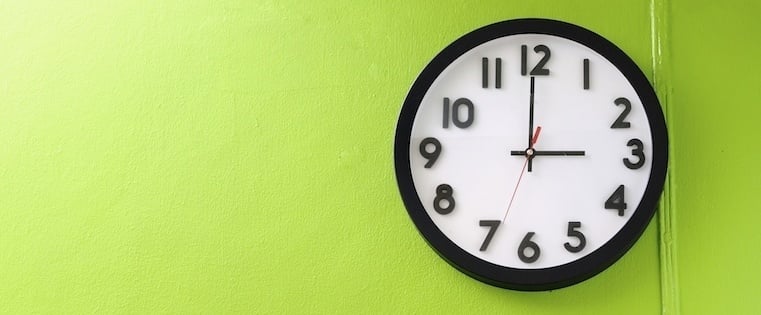

Sorry dreamers, but this post isn’t for you. Stop reading here.
This post isn’t for the person who wakes up each day holding a list of ideas that are going to shape the future of the world. This post isn’t for daydreamers or optimists.
Nope. This post is for people who go against the grain and think … well, a little differently.
There’s no arguing that positive thinking is a key to productivity. In fact, the results of positive thinkers speak for themselves.
But what about the people who are more … realistic? With a multitude of studies backing positive thinking as a key to being productive, is the converse true? Do pessimists get less done than their optimistic counterparts?
As it turns out, according to new research, pessimists might actually be more productive than their colleagues.
Research from New York University’s Gabriele Oettingen discovered that a little pessimism can improve productivity. Oettingen, who spent 20 years researching and testing her theory, found that optimism and positive fantasies didn’t help people reach their goals but instead got in the way:
Oettingen theorizes that fantasizing about what’s ahead results in losing track of goals. Optimists tend to daydream about the benefits of their goals without putting in the work to be successful, according to the research.
To be clear, Oettingen isn’t advocating for thinking negatively and moping around all day, but her research suggests that introducing a little pessimism can be beneficial. Oettingen uses a strategy known as W.O.O.P to harness the benefits of negative thinking for maximum productivity:
- W: Think about your wish.
- O: Think about your ideal outcome.
- O: Think about the obstacles in your way.
- P: Plan for those obstacles.
W.O.O.P requires you to think negatively about your goal, which helps you plan for the obstacles that lie ahead.
Positivity is great, but it’s not the be-all end-all. Thinking negatively can help us set realistic objectives and prepare for pitfalls as we ultimately reach for a goal. So when you have a less-than-stellar Monday, don’t be surprised if it’s one of your best days of work.
This post originally appeared on HubSpot's Sales blog. To read more content like this, subscribe to Sales.

![6 Small Things That Are Making You Less Productive [Infographic]](https://blog.hubspot.com/hubfs/00-Blog_Thinkstock_Images/less-productive.png)

![The Monday Morning Routines of 7 Successful People [Infographic]](https://blog.hubspot.com/hubfs/00-Blog_Thinkstock_Images/monday-morning-routine2.png)

![The Most Invaluable Websites for Promoting Creative Work [Infographic]](https://blog.hubspot.com/hubfs/00-Blog_Thinkstock_Images/ThinkstockPhotos-487721838-101044-edited.jpg)




![25 Gmail Keyboard Shortcuts That Will Save You 60 Hours Each Year [Infographic]](https://blog.hubspot.com/hubfs/00-Blog_Thinkstock_Images/gmail-keyboard-shortcuts.png)